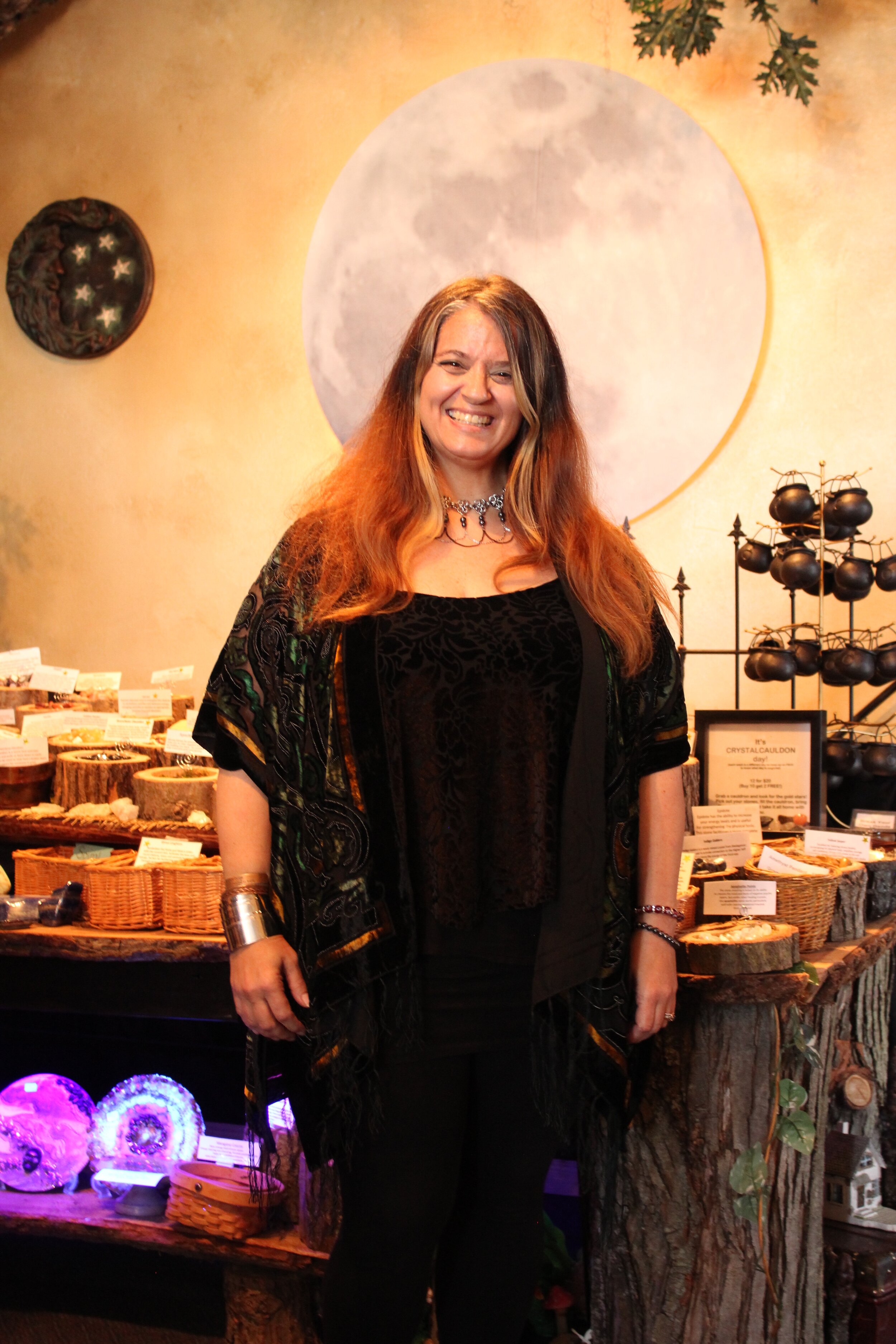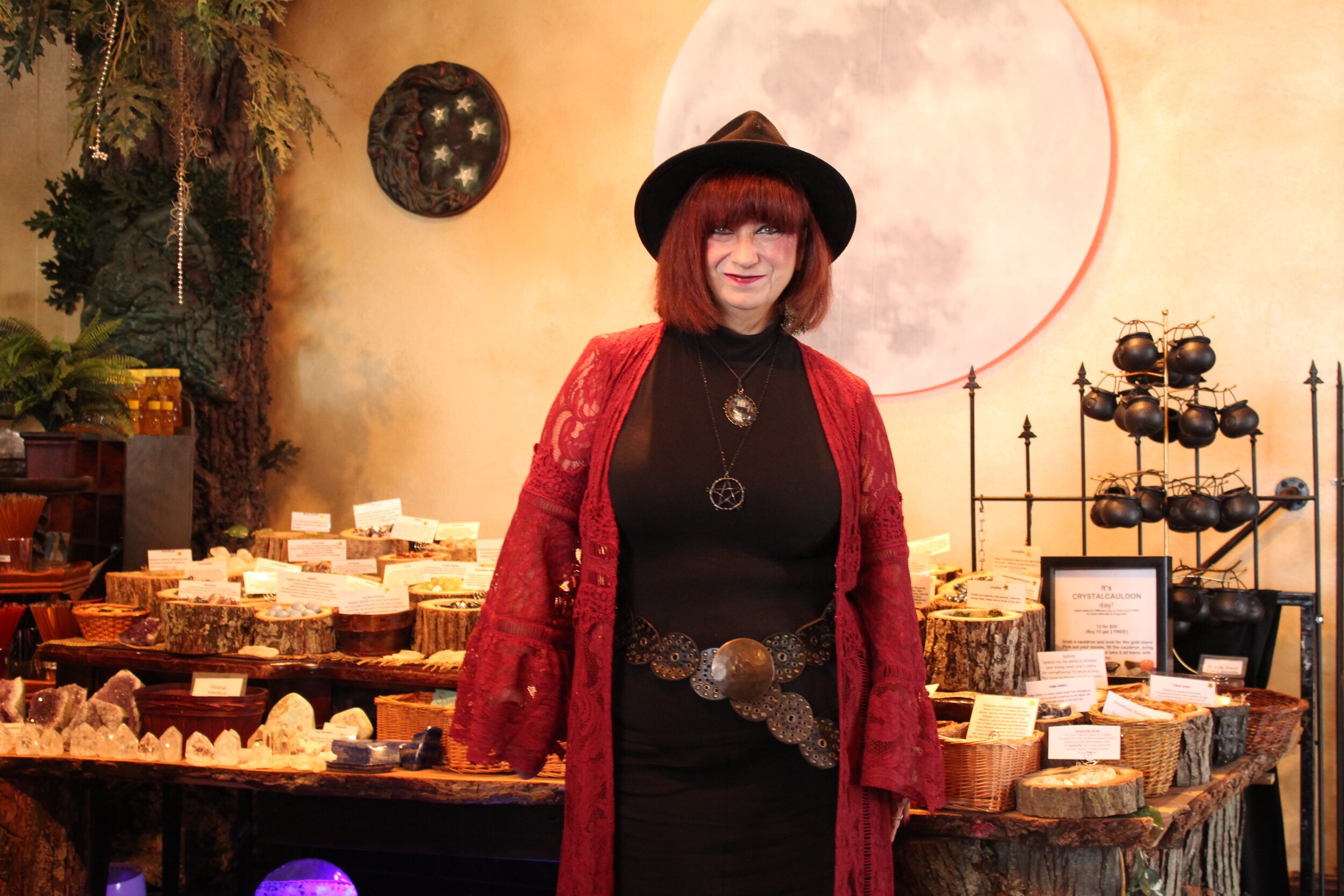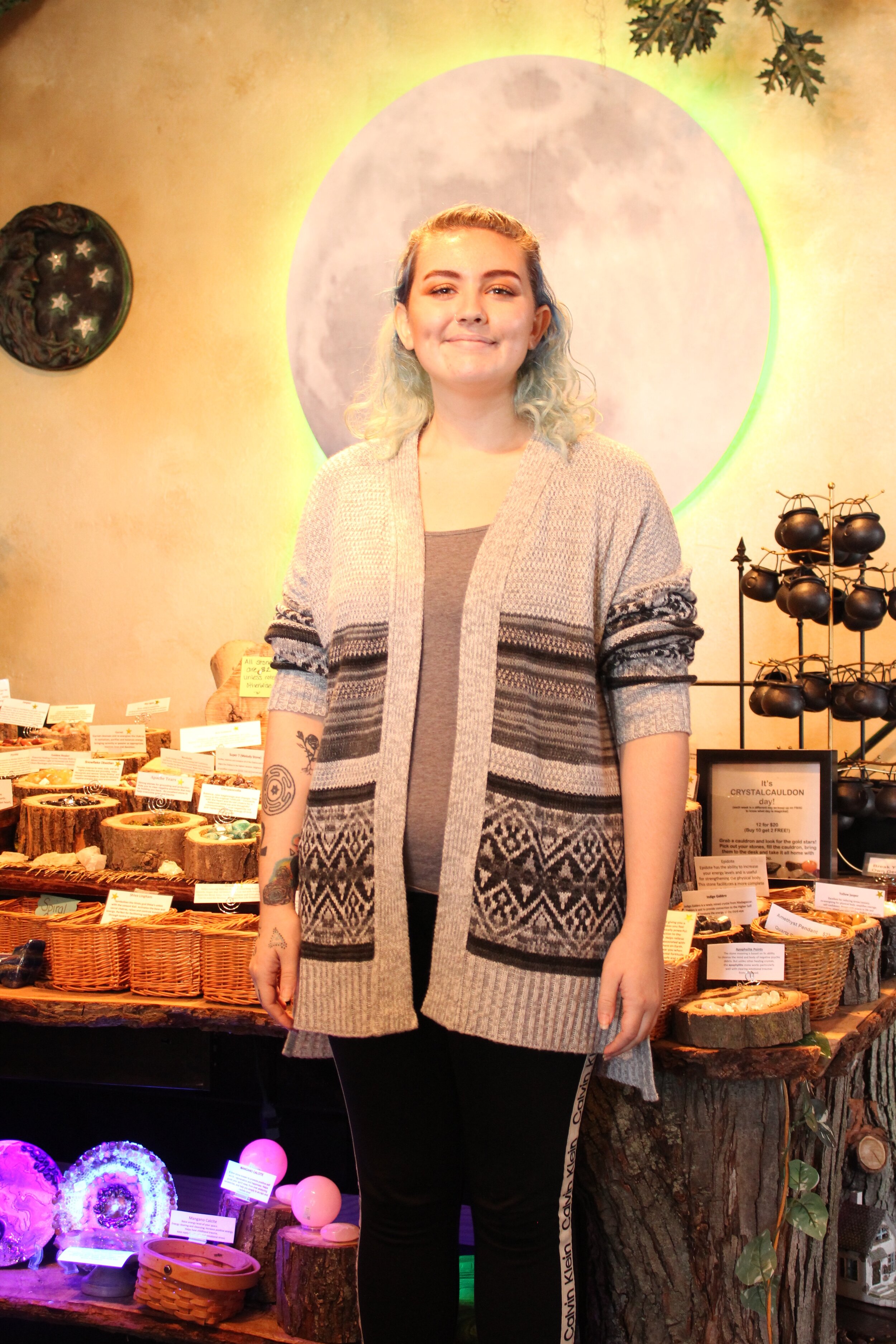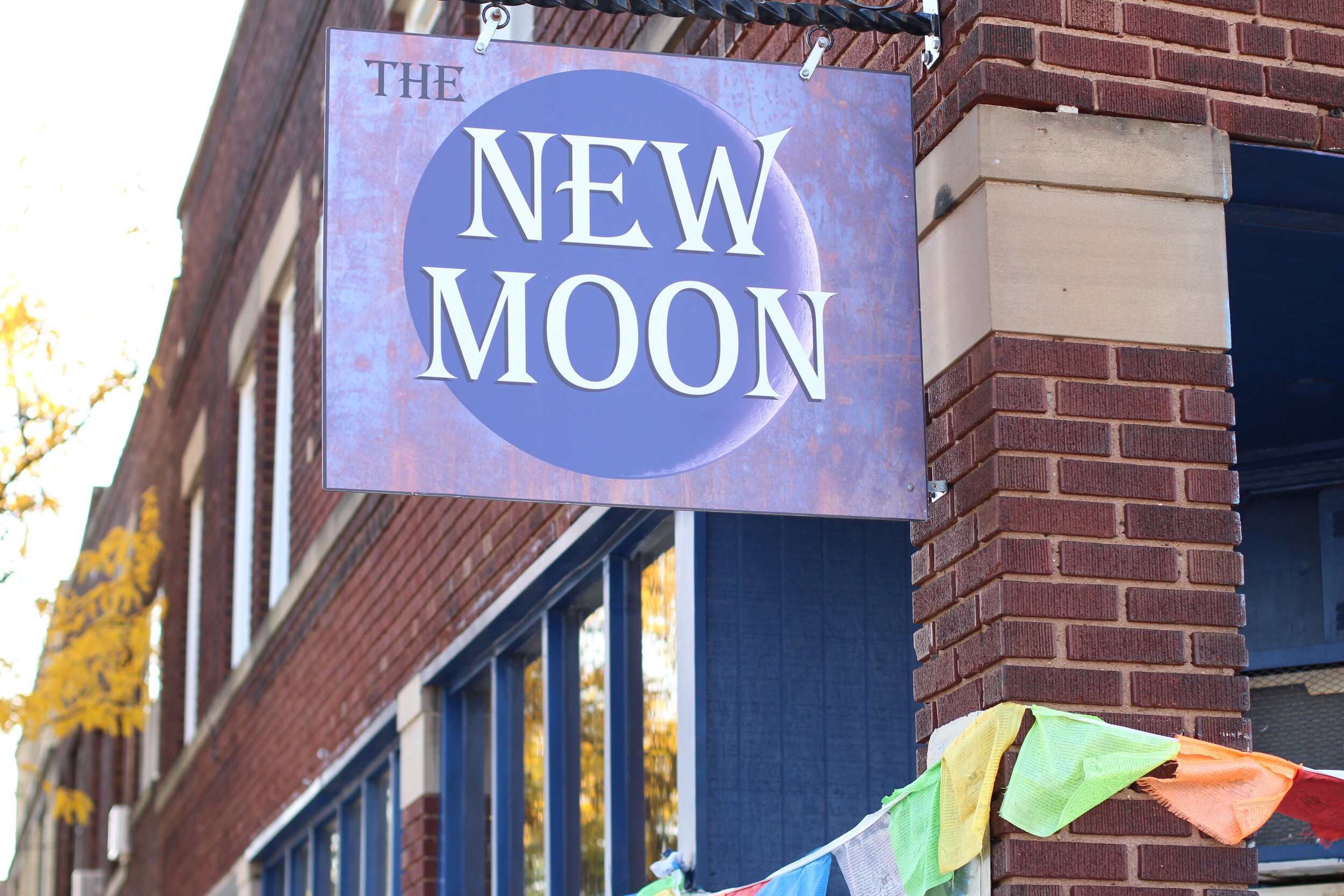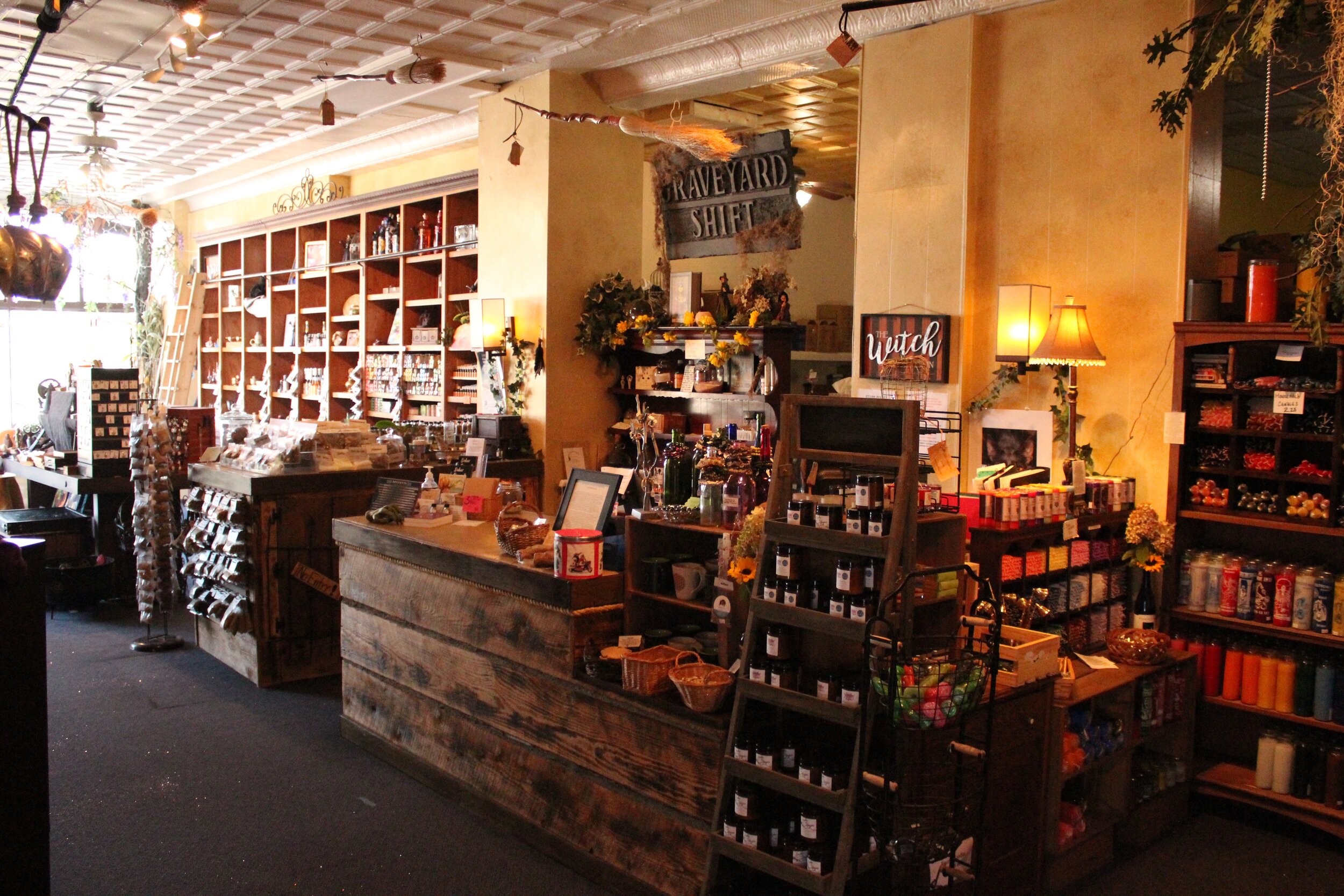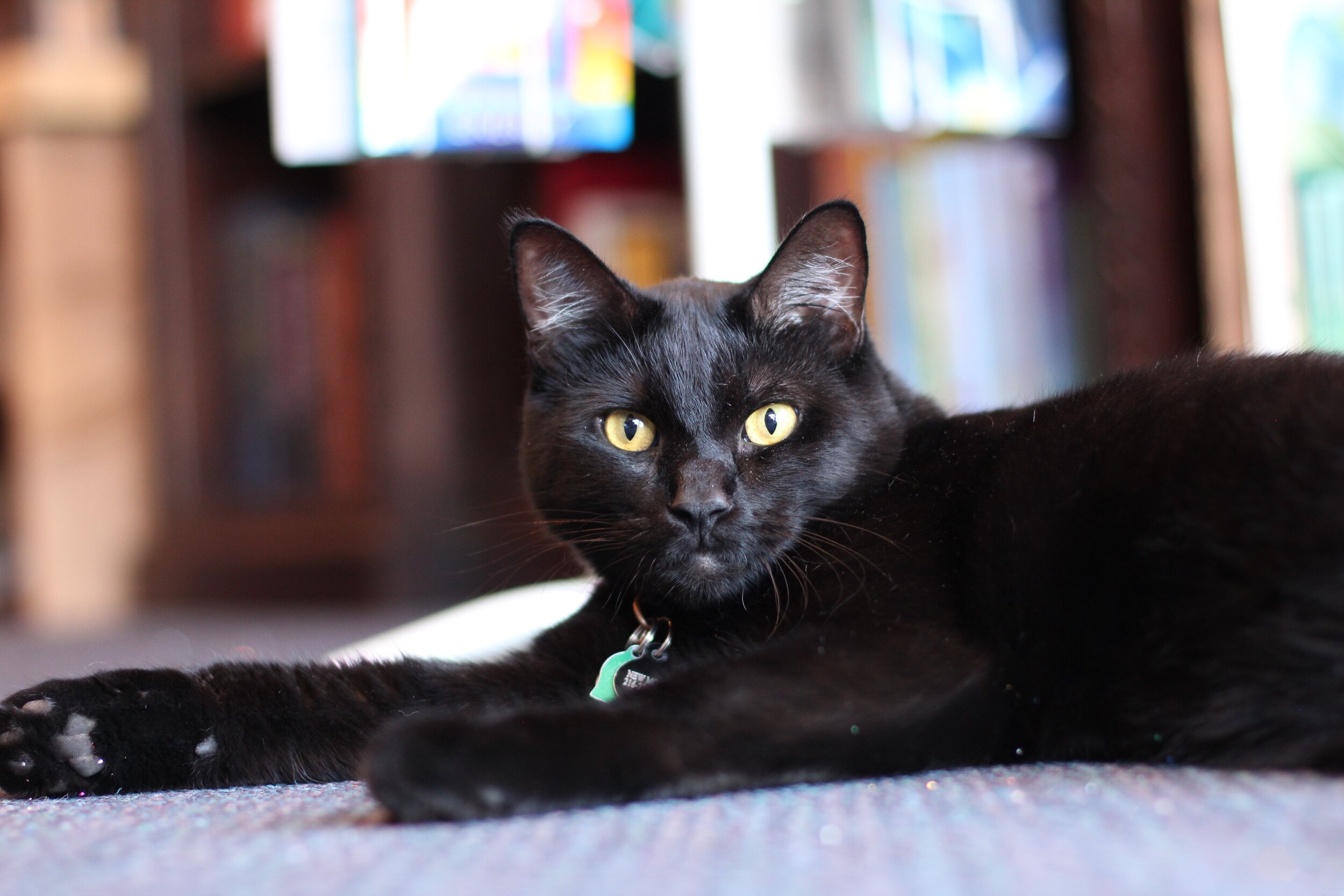A Discovery of Witches
“Witch, witch, you’re a witch. Witch, witch, you’re a witch”. If you’re familiar with the film Practical Magic then you may remember that phrase being hurled (along with rocks) at the Owens sisters in the beginning of the film. That type of “witch hysteria” that was made famous in 1690’s Salem is still common even today. Society may not be burning women at the literal “stakes” anymore, but they definitely are murdering them with their judgments and preconceived notions. Just look at the defintion of the word witch
“a woman thought to have magic powers, especially evil ones, popularly depicted as wearing a black cloak and pointed hat and flying on a broomstick.”
Popular culture has cemented in our thoughts that witches are just old, jealous, white women, determined to suck the youth out of younger women, eat children, and to make men utterly miserable. While I’m sure that there maybe a witch or two out there that does fit that horrible stereotype, there’s gotta be more to witchcraft, magick (yes, that’s magick with a k), and being a witch, right?
Though once looked at with suspicion and even fright, witchcraft is on the rise in mainstream culture. Don’t believe me?
You know your friend that’s learning to do tarot—witchcraft. are you obsessed with collecting crystals because of their energies and healing properties—I smell witchery. you ever set an intention before lighting your favorite candle—congratulations, you’re a witch!
There are so many forms of witchcraft that the everyday woman has mixed in with her lifestyle, yet she doesn’t even know it, or she wants to ignore it. A lot of this is because of the often ridiculous and sometimes cruel misconceptions about witchcraft—that it’s devil worshipping, the racist undertones of “white magick vs dark magick”, men aren’t allowed to be witches, and somehow that witches live in mansions but don’t have jobs. What it does mean to be a witch and practice witchcraft however, is actually pretty robust. The diversity within the witch community is as vast as other communities—there’s hoodo, voodu, eclecticism, and much more.
Whichever route you choose though, it’s clear that ancestry connection, and spiritual guidance are the foundations and bedrock of witchcraft. So just in time for Halloween and Samhain (pronounced sow-win), which is the witches New Year, I visited “witch store and more” New Moon in Lakewood, Ohio. There I gathered with three real life witches Rhonda, Dawn, and Felicity to find out just what they do and how they do it, what they wish people really knew about witchcraft, and how we all can infuse a little bit more magick into our own lives. The following interview has been edited for brevity and length.
You all consider yourselves witches, explain what that word means to each of you.
Rhonda: I’m remembering being back in college, and I was always so fascinated with linguistics and I remember just looking at the defintion of the word witch, which was wise woman. And throughout my entire life that has been empowering. I’ve always connected with the strength of women. Whether it is as a child, a student, a wife, mother, healer, connector. So witch to me is just such a beautiful word because it truly defines, at every stage of our lives, what we have taken with us.
Dawn: A witch is a title in my world. But it is a title that needs to definitely be backed with the actions, and the words, and the experiences, that goes along with carrying such a negative connotation of a word. To say and be a witch, it is a lifestyle and those that really do take it seriously, and I put myself in that category—I put myself in front of an entire community and I’m good with that because I’m confident and strong about who I am inside.
Felicity: The first thing that comes to mind is to be an energy worker. So for me to practice witchcraft and to be a witch is to work with the energies around us. Whether that is connecting to the earth through the elements of earth, fire, water, and spirit. Or if that is honoring the divine masculine and the divine feminine. Or getting into incantations, and getting into the frequencies that colors hold, or crystals. To me, all I see is energy, and I see that running through us as well. So witchcraft and to be a witch for me is something that is so innately designed within all of us just because we breathe and we exist.
Dawn: There is a little bit of sadness within, as I hear my sisters speak of what it means to them to be a witch. There’s so much negative influence out there. As children we don’t have the choice to choose, our parents do they best they can. If never given the opportunity to explore themselves, and to go through life not being able to truly live how they long for, or as their soul remembers, having that suppressed because of society’s belief systems saddens me.
Some believe that witchcraft is inherently political and feminist, is that accurate in your perspective?
Rhonda: I personally feel that word feminist is used so negatively in our communities and our cultures. Within witchcraft there is a masculine and there is a feminine. Even when we look at our ritual tools, and how we use our tools. Our cauldron is considered feminine, where our challice is considered feminine, where our athame [ceremonial knife] is considered masculine. We wouldn’t be here in this world without a feminine and a masculine—it’s the balance.
Dawn: When society feels powerless, that you really don’t know what to do, a lot of this younger generation has turned to witchcraft because they want instant gratification. I as a woman, I am feminine. I as a woman, I am also masculine. I own both sides of that energy, understanding those different sides and what that does for my own being. But I feel if I don’t have that balance, and I completely call myself a feminist I am cheating my own self, my own soul, for what I can be as a whole. Everybody has their path. There are people who need to fill that feminist witch title, I am all for that.
Felicity: When I hear the word[s] “inherently feminist or political” this is such an intuitive, personal path that I don’t think we can say that anything is going to be necessarily inherent. Everything is so subjective to our belief systems, and our upbringings, and our souls, and our spirit lineage. When I look at those two ideas, I start to think about what this path actually is, and it is this unfoldment of self, and exploration of self, which I find very empowering personally. I can see how exploring ourselves, remembering what we deserve, how to honor ourselves, how to honor others, and find the light within ourselves to be able to honor others—I could see how maybe that could transform into different things within our society and culture, but I don’t think they’re inherently that way because it is so personal to us.
There’s a lot of diversity in how witches practice witchcraft. How do each of you practice?
Dawn: In the morning when I wake up, of course I have to grab my tea or my coffee, my journal, go to my altar, I have my altar set up in a specific way. My practice deals with fire, but of course I bring in the elements, and the deity, and whoever I need to put intentions out for that day. To be genuine about what our intentions are, it’s like anyone else. You have a thought, you have a desire, you have a prayer—-and I grew up in the catholic, and in the religion everyone knows what pray means, well my spellwork is the same thing. I will write stuff out on paper, and I will burn it in my cauldron, and as it burns that intention is not only being offered up, it’s actually going out into the air, into the universe.
Rhonda: I’m big into journaling. I am a huge proponent and live my life daily in the areas of mindfulness and purpose. In terms of the magick I use I do a lot with my words. I’ve written poetry all my life, I love writing spells. They’re from the heart, they are pure, they are kind. A lot of my magick is just to protect myself. To make sure when I go out into the world, being empathic and being able to pick up on so many different energies—-that when I leave my home that I’m entering the world with a protective force around me.
Felicity: The first thing that I think about when it comes to my practice is always going to be intention setting. Generally that intention setting is always going to be to bring forth healing. Whether that is healing for myself, the people around me, and also for the planet itself. I hold space for those intentions. The next thing I do is I feel and I listen. I allow them [spirit] to come through and show me how I can bring forth the energies that are needed to manifest that intention.
What I think is interesting, and it’s evident with everything you’ve all said—a lot of how you each practice isn’t so different from how a lot of women structure their lives. Whether it’s intention setting, tarot cards, astrology or crystals, there’s this sense that we’re all dabbling a little bit into witchcraft, but the term itself is just controversial.
Dawn: I love that you’re saying this cause all I kept seeing was the birthday candle on the cake! It is the one thing in life that people are used to doing, but little do they know that’s witchcraft. And it’s not negative. You’re wishing, you want something to come true. It’s allowing you to go inside yourself in that moment, and think of what it is that you like and what you want, and as you blow out that candle you’re sending out that intention, you want that manifestation!
What do you want people to know about your store and community?
Dawn: We are a collaboration of women and men that come together to be able to provide guidance. We are lightworkers, energy workers, divination workers, and retail workers. We provide classes and opportunities to grow here if you are an employee or if you get energy work. We have sabbat rituals that we provide to the pagan community. We do psychic mediumship here, we have tarot readings, sometimes we do readings on the floor it just happens. Most of all being able to walk in here and have an actual experience, we’re not just a store, we provide that experience. We also just announced our non-profit The Northeast Ohio Pagan Resources—with that we’re also trying to work towards legal assistance, because we also offer a 12-step recovery circle for those not following the AA path but still want recovery.
Rhonda: We are a resource center, we’re have something for everyone. We’re not scary, we love, we’re kind, we have a sense of humor!

